In 1957, Fgrane – an American researcher isolated Coenzyme ( Coq10 ) from cow heart. This is a yellow active substance. Soon it was determined exactly the chemical formula as well as the way it was made in the laboratory. Since then, a series of studies around the world have shown coenzyme Q10 health benefits and a link between Coq 10 and heart disease as well as an antioxidant. And starting in the 1980s, this active ingredient has been extensively studied in many countries and applied in medicine. CoQ10 is found in meat, fish, and grains. However, the amount of CoQ10 in these food sources is not enough to increase the concentration of CoQ10 in the body. Instead, you can supplement CoQ10 available in the form of capsules, tablets.


1. What is Coenzyme Q10?
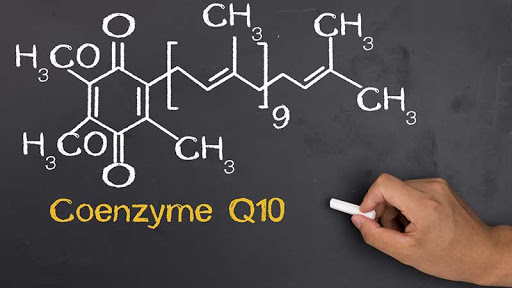

✅ Coenzyme Q10 (Coq10) is an antioxidant and is similar to vitamins in our bodies. This active ingredient is distributed throughout the human body but is particularly abundant in organs such as the heart, liver, kidneys, and pancreas. Coq10 is important for cell functions and activities. Did you know that 95% of the energy our body gets every day is activated by Coq 10?
✅ Our bodies need an adequate amount of this substance. However, the amount of coq10 in each body is different. Especially the elderly or suffer from diseases such as cancer, diabetes, heart disease, usually will have lower levels of Coq10 than ordinary people. The deficiency of this substance will bring us a lot of risk of disease.
2. Top 3 coenzyme Q10 health benefits
2.1 Coenzyme Q10 health benefits: Maintain the body’s energy


✅ Coenzyme Q10 plays a role in “mitochondrial ATP synthesis” – ATP is an energy-carrying molecule that transports energy to places needed for cell use. This conversion process requires the presence of coenzyme Q10. The process of creating ATP is very important for every cell in the human body and also allows for the exchange of information between cells. So to maintain energy for the body to function you need to provide enough Coenzyme Q10. It can even improve fatigue when exercising. Separate human studies have shown an improvement in sports-related fatigue when supplemented with CoQ10 (in dosages of 100-300 mg per day).
2.2 Coenzyme Q10 health benefits: Antioxidant


✅ Cellular damage plays an important role in the functional impairment that is associated with aging and disease. As water and fat-soluble antioxidant, CoQ10 has been shown to inhibit oxidation when the body is exposed to external agents. Coenzyme Q10 protects cellular membrane proteins and DNA from oxidative damage caused by free radicals, which are direct causes of age-related diseases (cardiovascular disease, cancer, diabetes, neurological diseases). …)
✅ Anti-aging: The synthesis of mitochondrial ATP is an important function to maintain metabolism, muscle strength, strong bones, youthful skin. Coenzyme Q10 concentration decreases with age and this is thought to contribute to reducing energy metabolism, degeneration of organs, such as the liver, heart, and skeletal muscle. The anti-aging benefits of high CoQ10 consumption include:
- Protect the heart against stress-related aging.
- Protects the structure of muscles – bones to keep muscles strong, minimizing the risk of bone and joint damage.
- Improve fertility.
- Reduces UV damage to the skin (Coenzyme Q10 cream).
2.3 Coenzyme Q10 health benefits: Improve cardiovascular health


✅ CoQ10 has the potential to be used in the prevention and treatment of cardiovascular disease, especially hypertension, hyperlipidemia, coronary artery disease, and heart failure. Coenzyme Q10 is selected for use as an adjunct to conventional treatment. It acts as an antioxidant and reduces free radical damage. This effect reduces the oxidized LDL-cholesterol – a major cause of atherosclerotic plaques causing hypertension and serious complications such as stroke, heart attack. More, CoQ10 supplementation may be useful for people taking statin-lowering blood fats, as it reduces the side effects that this group of drugs often cause. Statins that reduce enzymes in the liver not only reduce cholesterol production but also reduce the natural production of CoQ10.
✅ Coenzyme Q10 activates up to 95% of the daily energy of the body, especially the functional activity of the heart. Due to the continuous intensity of the activity, the heart consumes many times more energy than other organs and has a close relationship with CoQ10. When CoQ10 levels are reduced, the functional activities of the cells are not guaranteed, ATP deficiency leads to a number of disturbing symptoms such as fatigue, muscle aches, hypertension, heart failure, physical activity. hard force …
3. Coenzyme Q10 Foods
✅ Coenzyme Q10 benefits are to help to produce energy and neutralize harmful free radicals. When you have enough CoQ10 in your body, these nutrients can help protect all cells, reducing the risk of developing chronic diseases. Your body may synthesize some of its own Coenzyme Q-10, but you can also get it from your daily diet.
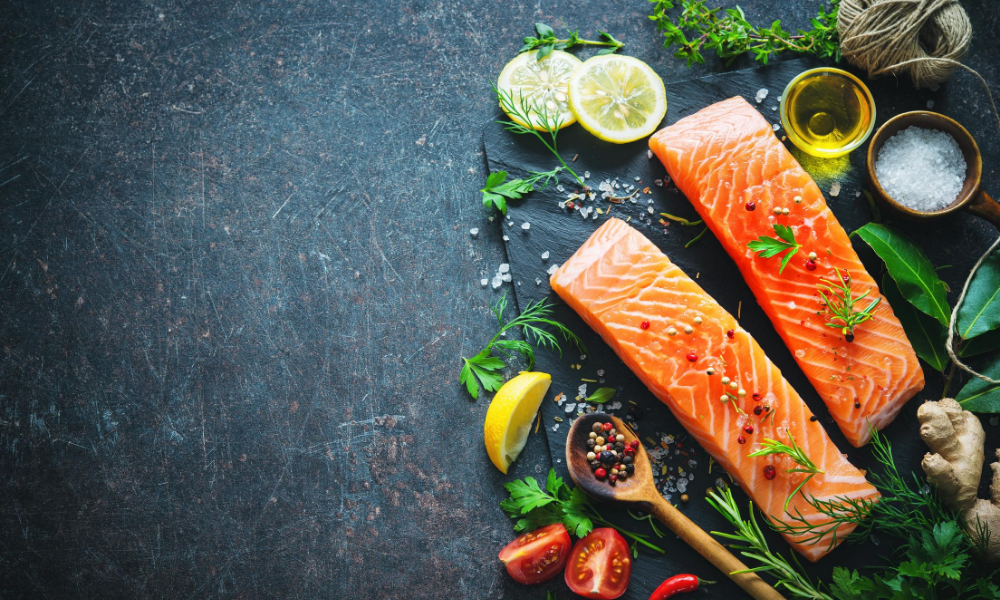

- Fatty fish: Fatty coldwater fish such as salmon, tuna, and herring contain large amounts of Coenzyme Q10. Out of 3 ounces of cooked herring, 2.3 milligrams of Coenzyme Q10. Salmon has about 0.9 milligrams of Coenzyme Q10 from 3 ounces.
- Beef and chicken are some of the richest sources of Coenzyme Q10. A beef intake of about 3 ounces contains about 2.6 mg of this nutrient. Chicken contains about a half of Coenzyme Q10 compared to about 1.4mg of CoQ10. You can also get a small amount of Coenzyme Q10 from eggs, about 0.1mg of Coenzyme Q10 / 1 egg.
- Nuts: Not all sources of Coenzyme Q10 are animal-based. Peanuts are one of the ideal plant sources to provide 0.8mg of Coenzyme Q10 / 1 ounce. 1 ounce of black sesame seeds provides 0.7mg. You can get more Coenzyme Q10 than 1.3mg from 1 tbsp of soybean oil or from canola oil.
- Vegetables: Some of your favorite fruits and vegetables contain small amounts of Coenzyme Q10 in your diet. One medium orange contains about 0.3mg of CoQ10, while 1 cup of fresh strawberries can provide 0.2 mg. Half a cup of broccoli cotton absorbs about 0.5mg of Coenzyme Q10, a quantity of cooked cauliflower provides 0.4mg of Coenzyme Q10.
4. Note when using Coenzyme Q10
- CoQ10 supplements seem to be very safe, but in some cases, there may also be symptoms such as abdominal pain, loss of appetite, nausea, vomiting, and diarrhea, allergies.
- The drug can lower blood pressure and thus increase the effect of drugs used to lower blood pressure.
- Smoking depletes the body’s stored coenzyme Q10.
- Pregnant or lactating women: Do not use.
- Coenzyme Q10 may increase the risk of bleeding when taken with medications such as aspirin, and anticoagulants such as warfarin.
The average daily needs 5-10mg of Co Q10, mainly due to food sources. Some cases below you can supplement with supporting foods:
- Poor nutrition: Due to a lack of amino acids, vitamins, and trace elements makes CoQ10 biosynthesis difficult.
- Alcoholism, smoking, stress, sickness: These causes change the metabolism (including reducing vitamins, amino acids, microelements), leading to a reduction in CoQ10 biosynthesis.
- Due to medication: Statin group lipid disorders inhibit HMG-CoA reductase, thereby reducing CoQ10 biosynthesis. If CoQ10 is impaired by statin use, CoQ10 can be supplemented with medications.
- Age: CoQ10 reaches the highest concentration at the age of 20. After that, gradually decreases at the age of 30 by 25%, at the age of 39-43 by 50%. This decline is associated with general metabolism and you can supplement with Coenzyme Q10 in this case.
Recommended for you
🎁 Nature Made CoQ10 200 mg Softgels, 105 Count for Heart Health and Cellular Energy production
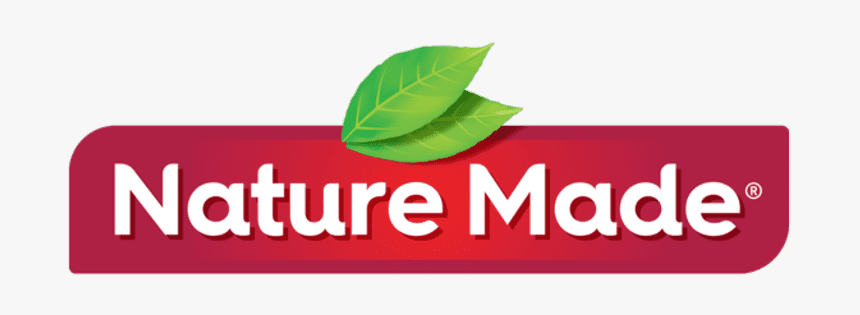

✅ Nature made is a reputable brand in the well-known supplement for pregnant women in the US with its headquarters located in Mission Hills, California, USA. Its products are manufactured with 100% natural ingredients and meet the highest standards of food safety criteria, certified by the FDA as the American food safety association global safety.
✅ Coenzyme Q10 (CoQ10) is a fat-soluble compound found in most human cells that are needed to assist in a number of important reactions in the body. CoQ10 plays a vital role in cellular energy production, generating energy in the cell’s powerhouses called mitochondria. Nature Made CoQ10 can help replenish this important nutrient. Nature Made CoQ10 200 mg is naturally orange in color, made with no added colors. Directions: Take one softgel daily, with a meal. For easier swallowing, take with water before and during ingestion.
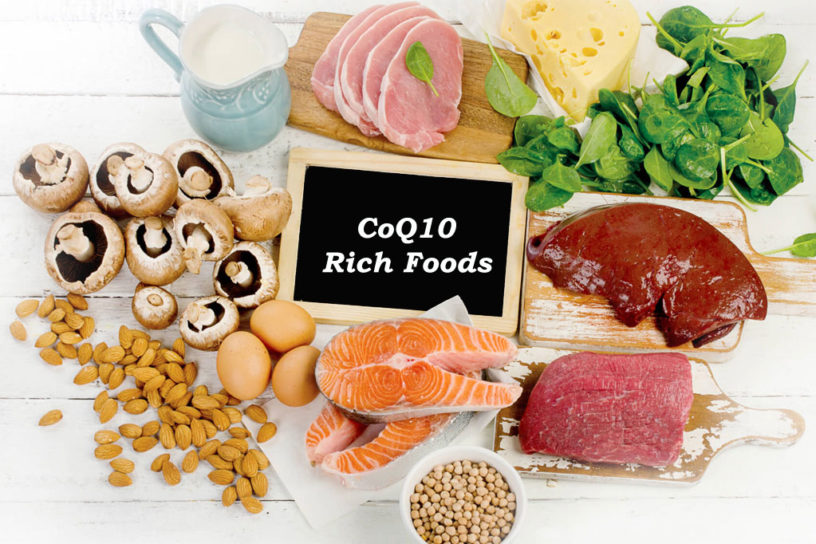
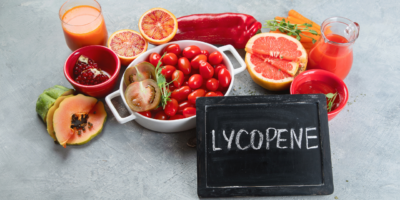
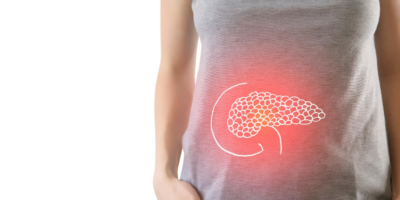
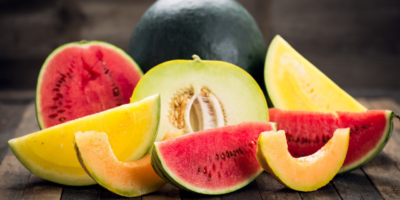
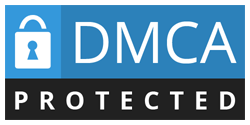

Leave a Reply